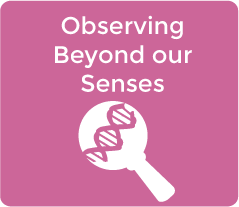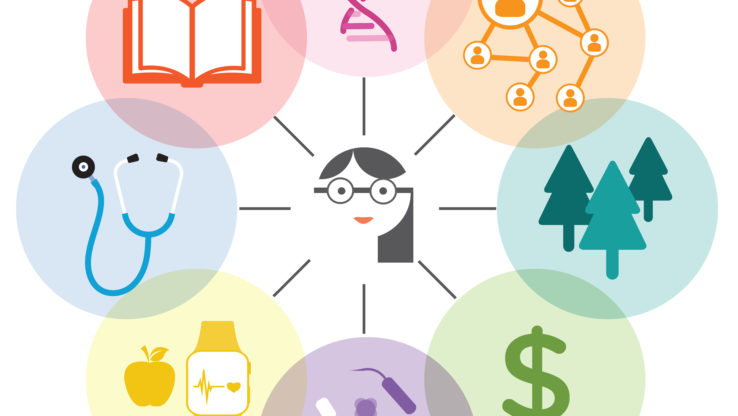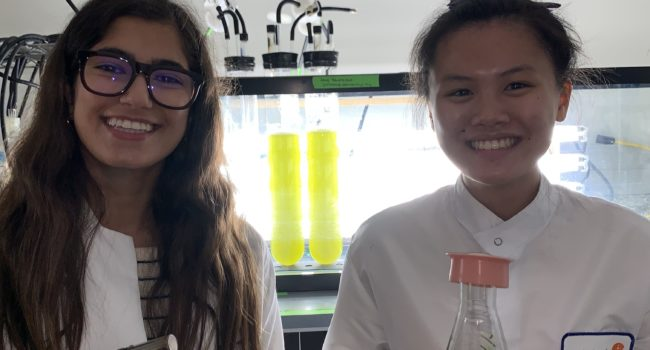SEP4 Science and Engineering Practice 4 – Analyzing and Interpreting Data
 see.isbscience.org/ngss/sep4/
see.isbscience.org/ngss/sep4/Once collected, data must be presented in a form that can reveal any patterns and relationships and that allows results to be communicated to others. Because raw data as such have little meaning, a major practice of scientists is to organize and interpret data through tabulating, graphing, or statistical analysis. Such analysis can bring out the meaning of data—and their relevance—so that they may be used as evidence.
Engineers, too, make decisions based on evidence that a given design will work; they rarely rely on trial and error. Engineers often analyze a design by creating a model or prototype and collecting extensive data on how it performs, including under extreme conditions. Analysis of this kind of data not only informs design decisions and enables the prediction or assessment of performance but also helps define or clarify problems, determine economic feasibility, evaluate alternatives, and investigate failures. (NRC Framework, 2012, p. 61-62)
As students mature, they are expected to expand their capabilities to use a range of tools for tabulation, graphical representation, visualization, and statistical analysis. Students are also expected to improve their abilities to interpret data by identifying significant features and patterns, use mathematics to represent relationships between variables, and take into account sources of error. When possible and feasible, students should use digital tools to analyze and interpret data. Whether analyzing data for the purpose of science or engineering, it is important students present data as evidence to support their conclusions.






